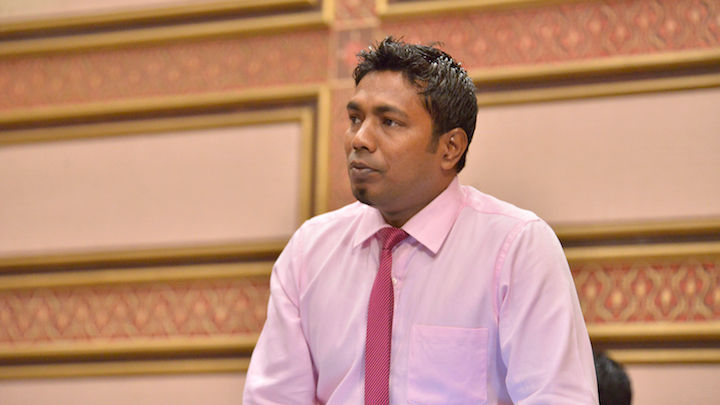Revisions to criminal procedures law withdrawn
A raft of amendments proposed by the government to the new criminal procedures law was abruptly withdrawn before it was put to a vote at Tuesday’s sitting of parliament.

13 Jun 2017, 09:00
A raft of amendments proposed by the government to the new criminal procedures law was abruptly withdrawn before it was put to a vote at Tuesday’s sitting of parliament.
According to local media, the bill divided opinion among lawmakers of the ruling Progressive Party of Maldives with some complaining that the changes were proposed without consultation.
The bill was made up of more than 90 amendments, including a controversial provision to authorise law enforcement bodies to search public places without a court warrant.
The landmark Criminal Procedures Act, approved in April last year, is due to come into force on July 2. The parliament postponed the enactment of the law in November contending that more time was needed to train law enforcement officers, prosecutor and judges.
Become a member
Get full access to our archive and personalise your experience.
Already a member?
Discussion
No comments yet. Be the first to share your thoughts!
No comments yet. Be the first to join the conversation!
Join the Conversation
Sign in to share your thoughts under an alias and take part in the discussion. Independent journalism thrives on open, respectful debate — your voice matters.




